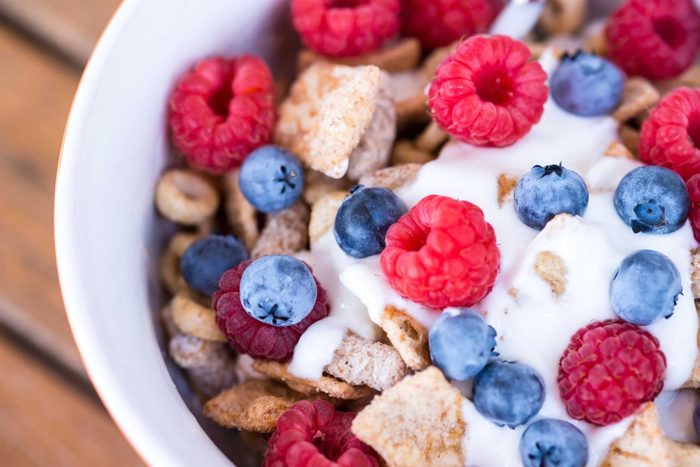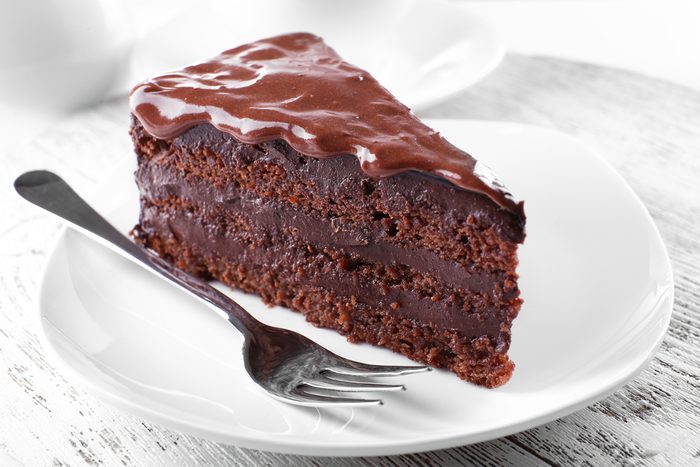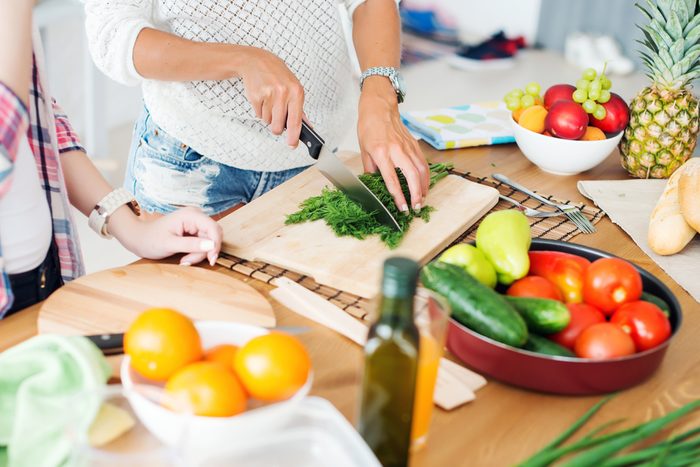
The Best Dietitian Tips For Weight Loss
The thought of embarking on a weight-loss journey is intimidating for everybody. Losing weight (and keeping it off) is no easy feat, which is why we’ve asked registered dietitan, Rosis Schwartz, to share her top dietitian tips for shedding those extra few pounds. Here’s what she had to say.

1. Don’t Skip The Most Important Meal Of The Day
Skipping breakfast is a sure-fire prescription for overindulgence later in the day. Breakfast choices also help to tame cravings and maintain energy levels throughout the day. Nighttime munchers are often breakfast skippers or those whose morning meal falls short on balance.

2. Fill Up On Hot Foods
Hungry days require some appetite taming, as do special occasions. For example, going on an empty stomach to a restaurant with fabulous bread is guaranteed to lead to overeating. When a ferocious hunger hits, hot foods and beverages are more satisfying than cold options. Soup carries that satisfaction even further, so keep an assortment of lower salt broth-based soups on hand. Load them up with vegetables for more filling goodness and an added health perk.

3. Keep A Food Journal
Tracking your food choices -food, time and amount-each day as you are about to eat is a proven strategy for success. Not only does keeping a food journal make you think before you eat, it allows you to evaluate difficulties when they arise. For example, did skipping snacks lead to a night of nibbling?

4. Ask Yourself: Do You Really Love That dessert?
Banishing decadent delights while losing weight is a sure-fire route to feeling deprived and abandoning healthy eating efforts. Instead, go for a winning strategy-have your cake and eat it too. When contemplating non-nutritious temptations, take one bite and rate it from one to 10, as if you were a judge in a food contest. Finish it only if it scores a 10 out of 10. Just think of how many just average desserts you’ve eaten and regretted. When the plan is to lose weight, limit your 10s to two a week, maximum.

5. Cook Ahead
To save on preparation time and food costs, don’t waste cooking opportunities. Make extra chicken, vegetables or pasta, for example, at dinner and use the leftovers at lunch. Or freeze sandwich-size portions of leftover chicken in labelled packets to use sliced in sandwiches or shredded in salads.

6. Keep Moving
Be sure to take part in regular exercise. Not only do activities such as brisk walking boost calorie burning, they also promote fat loss instead of muscle.
